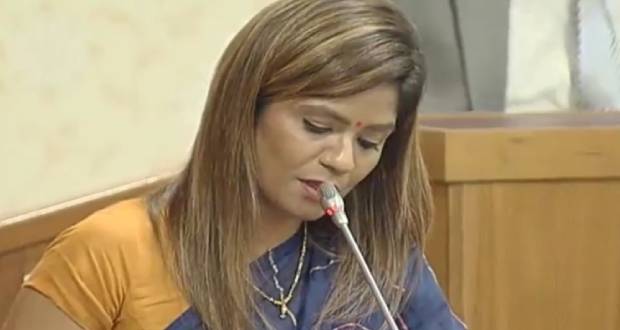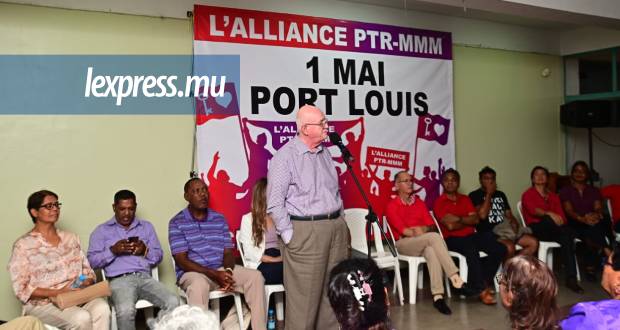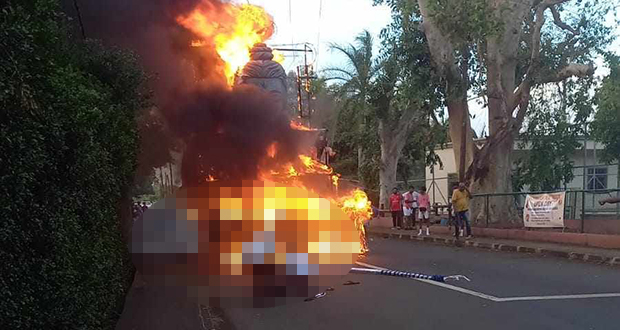Publicité
Misplaced mercy


As we wave our four-coloured flags to celebrate our Independence Day every year and express our pride in the progress we have made since 1968, the prison authorities and members of the Commission on the Prerogative of Mercy (CPM) are busy preparing or approving a list of those convicted prisoners who will have the great surprise of seeing their sentence reduced or cancelled. And every time the list is rubberstamped by the president of the republic, issues of transparency, fairness and legitimacy come rushing up.
This year, the chairman of the commission, Victor Glover, claims not to have received any recommendations from the penitentiary services for the remission of sentences of prisoners. Good! We won’t be the ones crying over the fate of hardened criminals, rapists or drug dealers, whose look-alikes, for reasons we will never know, have in the past had their sentences reduced by some 10 years or so. This defeats the whole purpose of justice and could even be seen as the Executive hand extending to interfere in the Judiciary, as the committee, appointed by the Executive, has the powers to override ‘final’ decisions of the courts of justice. Worse, no explanation is required or given for such major decisions!
Admittedly, the system exists in other Commonwealth countries. In the UK, the Royal Prerogative of Mercy (RPM) – the ancient power of the monarch – is still called upon to show mercy to an offender and to redress miscarriages of justice. In other Commonwealth countries, there are similar commissions working for the same purpose. The power to recommend or grant mercy is however restricted to “exceptional circumstances”. Although these “exceptional circumstances” are not defined in the law, in practice they have been restricted to cases in which the convicted person was both morally and technically innocent, or for really exceptional cases of bravery. Former Justice Secretary Kenneth Clarke has previously stressed that the subject of the pardon must not be “tainted with unclean hands”.
Two examples jump to mind here: in 2001 two inmates in a Welsh prison received early release under the RPM when they saved the life of the manager of the prison farm, when he was attacked and gored by a captive wild boar. Also, in 2013, a posthumous pardon was awarded to Alan Turing under the RPM, who had been convicted in 1952 of gross indecency for a consensual homosexual relationship with an adult.
Over here, an over-large proportion of the prison population is made up of young people caught with a pullia of cannabis and those who could not pay their fines. But guess who is granted pardon: Peroomal Veeren, a notorious drug dealer, and Christopher Perrine, a rapist: who, as soon as he was let loose before the end of his sentence in 2018, robbed and attacked another girl. What exceptional grounds led to their release? On what basis do rapists and drug dealers have priority over small cannabis users and traffic offenders, who should probably never have been in jail in the first place?
In the absence of an explanation and until we have had a serious look at an opaque system open to abuse, I hope that the penitentiary authorities do not make any more recommendations for pardon to the CPM. In the meantime, the credibility of the CPM should be strengthened by showing mercy to those who are in prison for stupid, archaic laws that shouldn’t have been in our books in the first place. That would be a way of counteracting the law with some justice.
For more views and in-depth analysis of current issues, Weekly magazine (Price: Rs 25) or subscribe to Weekly for Rs110 a month. (Free delivery to your doorstep). Email us on: weekly@lexpress.mu
Publicité






